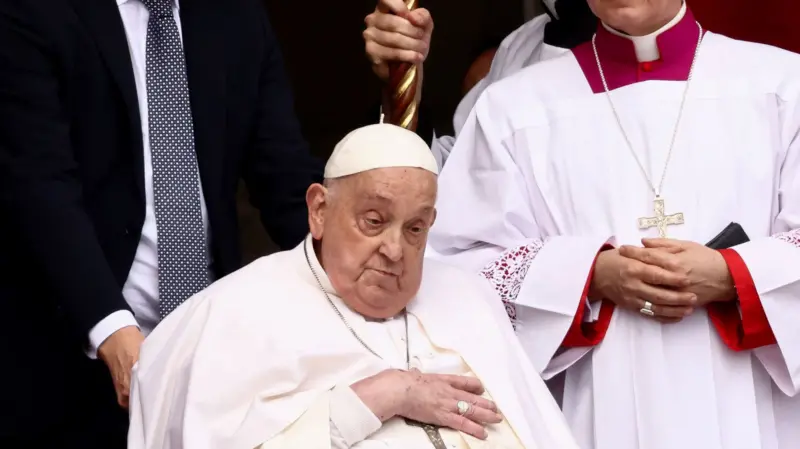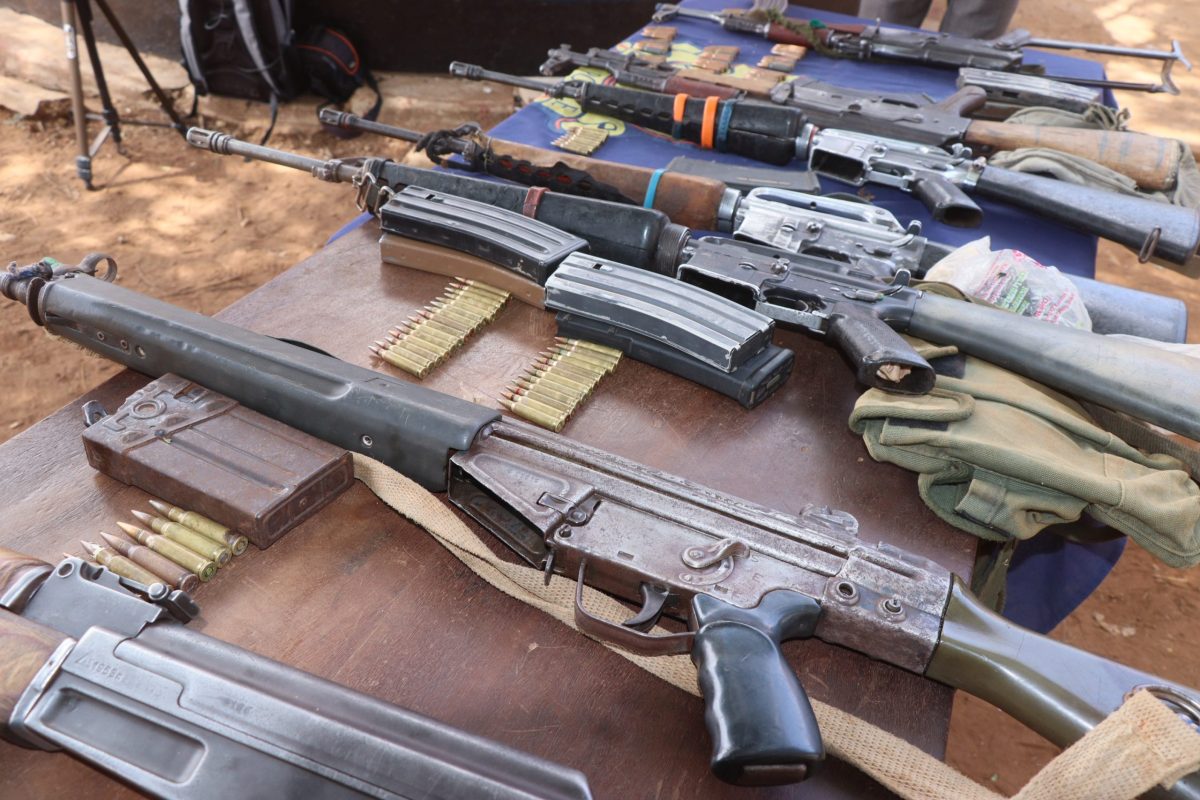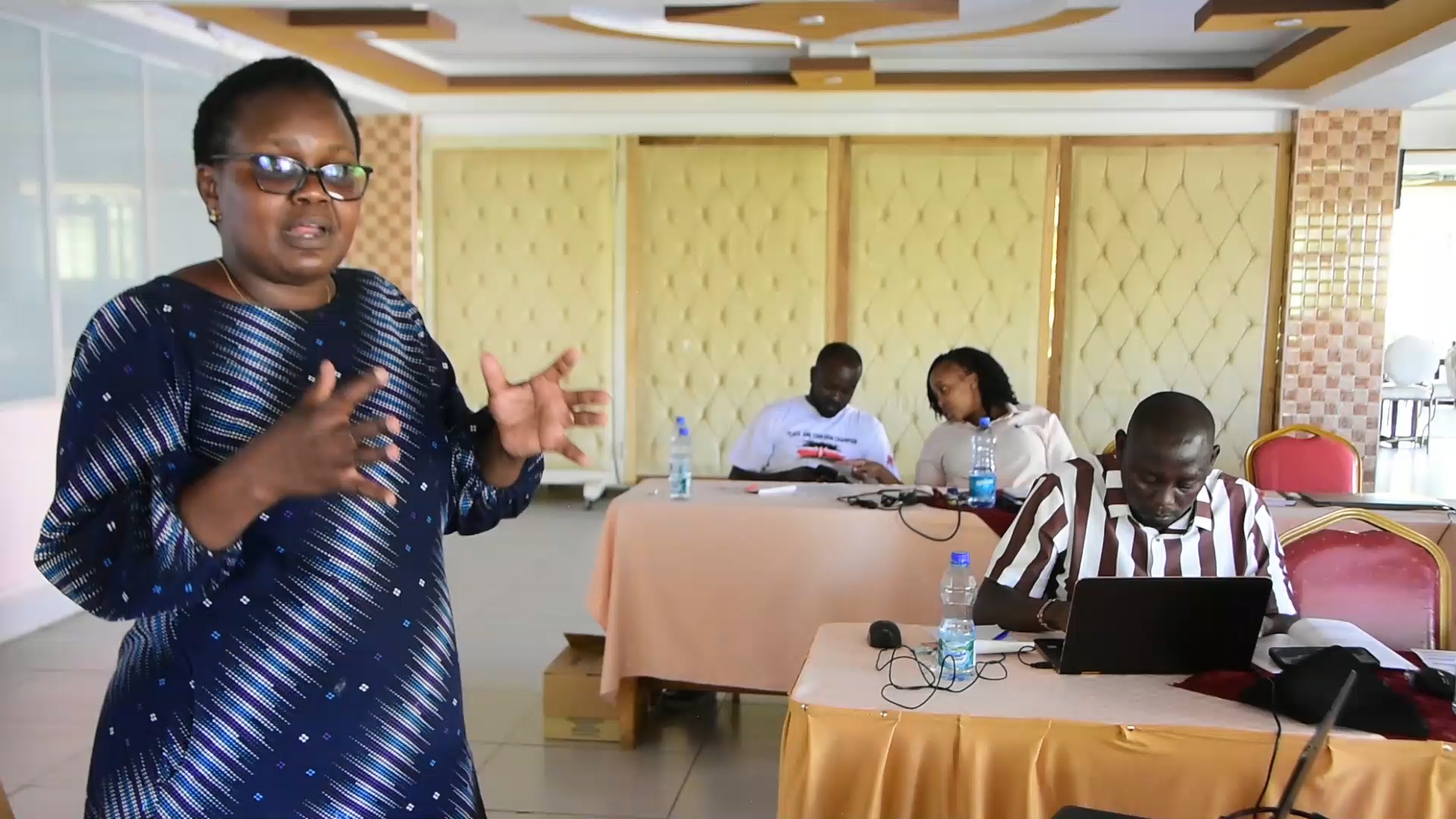Pope Francis Dies at 88: A Legacy of Humility, Peace, and Service

Pope Francis, born Jorge Mario Bergoglio in Buenos Aires, Argentina, on 17 December 1936, has died at the age of 88. His passing, which comes during the Catholic Church’s Jubilee Year, follows his final public appearance on Easter Sunday, where he greeted crowds at St Peter’s Square from a wheelchair.
The first pope from Latin America and the first Jesuit to hold the role, Francis was known globally for his humility, deep compassion, and dedication to the marginalized. The eldest of five children, his parents had fled fascist Italy in search of safety. He grew up immersed in the culture of Buenos Aires, enjoying tango dancing and passionately supporting his local football club, San Lorenzo.
As a young man, Bergoglio survived a near-fatal case of pneumonia, which resulted in the removal of part of a lung and left him vulnerable to infection for the rest of his life. He worked various jobs before entering the Church, including stints as a nightclub bouncer and floor sweeper. After earning a degree in chemistry, he worked in a factory alongside Esther Ballestrino, a human rights activist who later disappeared during Argentina’s dictatorship. Her fate left a lasting impression on him.
His journey into religious life began with the Jesuits. He studied philosophy, taught literature and psychology, and was ordained a priest in 1969. By 1973, he had become provincial superior of the Jesuits in Argentina, navigating the turbulent political climate of the time with quiet determination.
Throughout his papacy, Francis became a global voice for justice, mercy, and peace. In his final Easter message, read aloud by an aide, he called for an end to the suffering in Gaza, a ceasefire in ongoing conflicts, and raised concern about the growing threat of global antisemitism. He emphasized the importance of religious freedom, freedom of expression, and mutual respect, warning against a world consumed by violence and division.
Despite suffering from chronic knee pain in his later years, which he referred to as a personal humiliation, Francis remained committed to his duties, frequently appearing in public and engaging directly with the faithful. On Easter Sunday, he blessed children and waved to thousands of pilgrims who had gathered in the Vatican, many of them in Rome for the Jubilee Year, a sacred occasion celebrated every 25 years.
Leaders across the world have expressed their sorrow and admiration for the late pontiff. Italian Prime Minister Giorgia Meloni described him as a moral force who challenged humanity to take a better path. Dutch Prime Minister Dick Schoof referred to him as a man of the people. European Parliament President Roberta Metsola remembered his smile that reached millions, while leaders from Israel, Switzerland, and Scotland praised his unwavering pursuit of peace and compassion.
Archbishop of York Stephen Cottrell, acting head of the Church of England, remembered Francis as someone whose life consistently reflected the teachings of Jesus. He noted the Pope’s commitment to unity among Christian denominations and his concern for the Earth, the displaced, and the forgotten.
In line with his lifelong simplicity, Pope Francis had requested a modest funeral. Departing from long-standing tradition, he will not lie in state on a raised platform in St Peter’s Basilica. Instead, mourners will be invited to pay their respects while his body remains inside a simple wooden coffin lined with zinc. He will be the first pope in more than a century to be buried outside the Vatican, with his final resting place to be the Basilica of St Mary Major in Rome.
The death of Pope Francis marks the end of a papacy defined not by pomp, but by deep moral clarity and a tireless devotion to humanity. As millions pass through the Holy Door during this Jubilee Year, they do so carrying the memory of a pope who led not from a throne, but from among the people.



